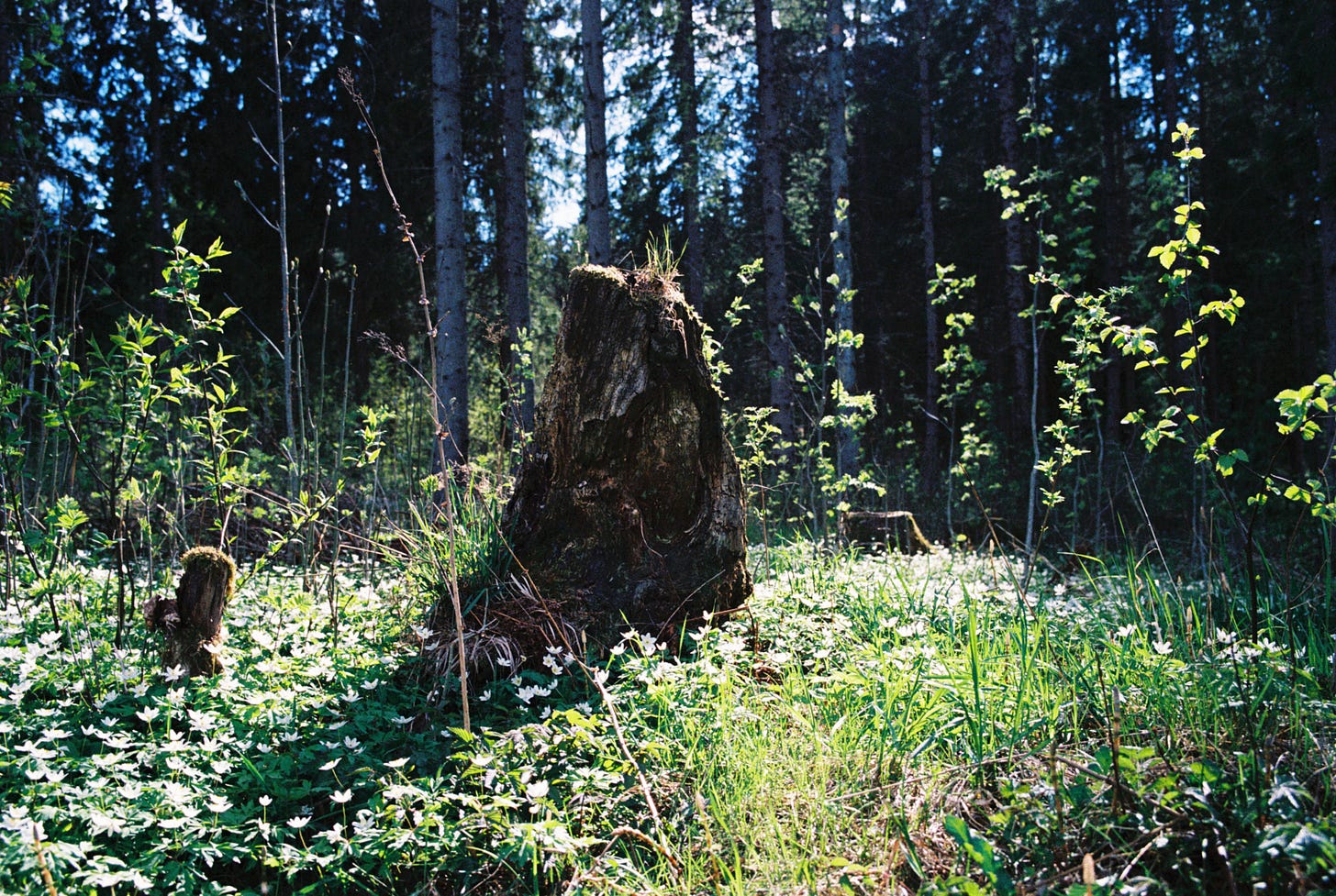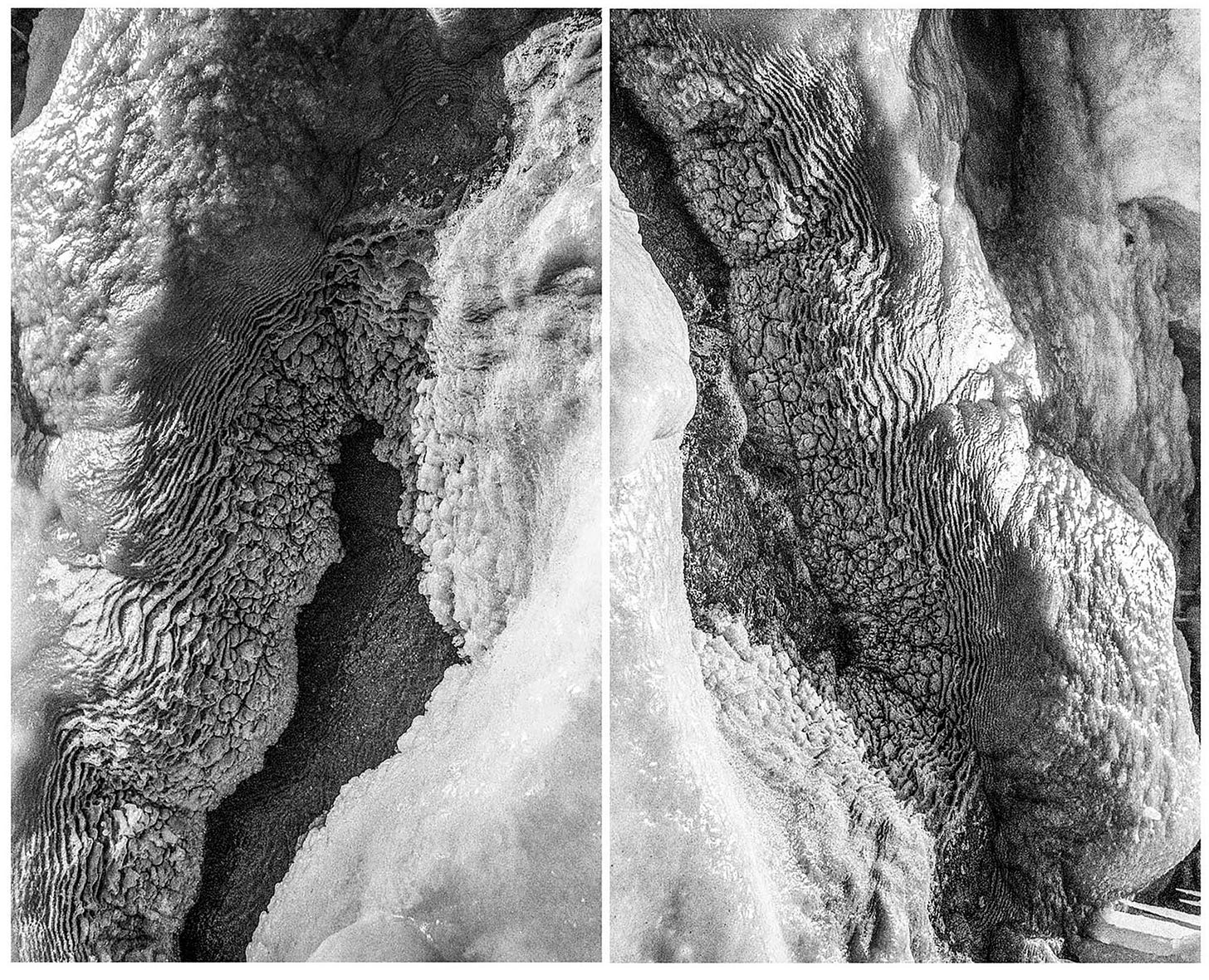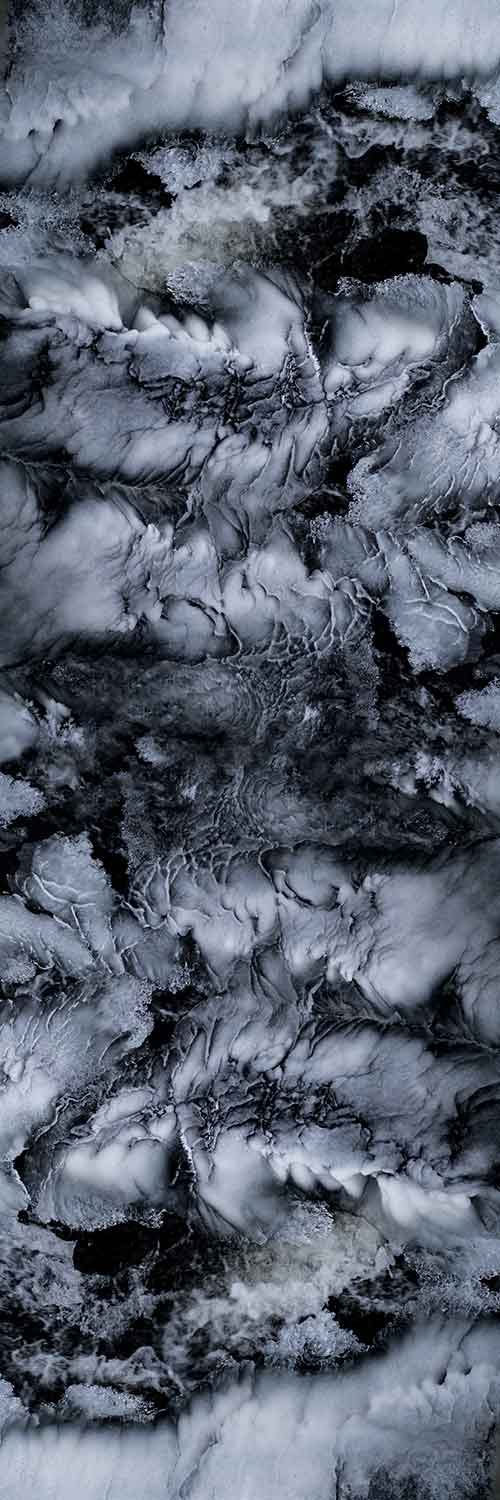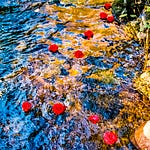
Every time we impose our will on another, it is an act of violence. - Gandhi
This quote has recently zinged me, and had me come to terms with why I felt so intensely sensitive to instructing dance, meditations, and movements. Because on some level I knew that sharing knowledge had a connection to will. And movement and breath the absolutely closest we have to knowing the divine. Beyond refined mechanics alone, my deep concerns for notions around intelligence spring from discerning between false empathy and true empathy.
In Midwestern speak: where the rubber hits the pavement. This distinction between false and true points not only to the action, or the effect, but also the point of friction within the movements of what occurs and not what does not, as well. In these virtual times, possibility and speculation, almosts but not entireties, are forgiving because the labour of actualities is not only fantastical. Ographies such as bios, porn, and the ifcations such as game are realizing real things in meta spaces. This mind space is your divine space, a place where permission is granted by attention. And this space has been receiving soft echos of ‘having nothing and be happy’ conflict with the materialities of presence. No longer are science fictions pretences but closer to our realities…which illustrates in real time our collectives’ consciousness to imagine things into being, not through thought alone, but through subliminal movements.
I find myself in the forest or out walking among the pasture and fields a lot. Not romantically asking the riverbeds or mountains for an idealised answer, but a real answer, a knowing from the terrain because the main answers I get from heaven are wind or rain.
This agrarian approach to questioning the rapid procession of technocratic idealism is performed with caution. I am, afterall, engaged in Silicon Valley tech by using Substack, Meta products, and other orchestral tools of the digital. And so our interconnected world, as it always has been, carefully crafts another layer of veil, one that seems to never end, where the difference between myth and actuality are the currency.
I do not know about you, but I have noticed how much energy it takes to engage in speculation, and where the realm of the probable comes into the actual requires action. So I am careful with this action to propose we are at the precipice but not too far beyond any point of return as people claim: the genie is out of the bottle.
Yet the complexities of the realm of the ideological and the realm of the real are pressing into each other (perhaps a bit like what could have been depicted in this abstraction):

As Annetta Kapon’s wisdom rings in my eyes; nothing is just. I use the word just accordingly, in that just serves a form of reduction or othering. Just this, just that; hard to get at since all things are related in the quanta. The people in charge know it; and they know it because they have taken the charge. That seems to be essentially where ‘just words’ hits the pavement to charge.
This is not a post of empowerment, because if someone is aiming to empower, that would imply you didn’t have it already. And I insist, if you have the eyes, the ears, the heart, the means to have come this far through time and space, arriving at this juncture in history, you have power you may not realize, right in your hands.
God was not just a mythological persona used to control populations, the ideas and the stories were also ways to describe a motive that could lead to:
health
generating life
creating harmony among people, otherwise prone to fighting
Was the fault of religion to give rise to people who abuse power? And whose responsibility is it now to attribute the actions of humanity to? When all that exists in our reality has given us so much; perhaps much more than we can give back. It’s not futile to try, to be generous as nature, to improve integrity a little better. The mushrooms are not going to be bad at having less things to decompose because there are facts like dust and rust and such.
In the face of reality, I have noticed a repeated abdication of responsibility, the complicity buttresses the avenues for corruption to take place. Corruption also gives avenues for motives, to use the metaphor of plants again is risky: invasive or imported species and indigenous. I understand raising these appointed axis is dangerous because of cancel culture. People become so unwilling to see, to understand and to relate to what the meaning of the outcomes is, and instead respond in inflammatory ways. It’s again, not terribly far of a stretch to see the rise of inflammatory diseases. When species thrives outside of its original context, is that opportunism or the species ability to adapt? So both constructed sides are valid. And in the realm of people, who decides is up to each and every body.
Publicly we are witnessing an acceptance and normalisation of an increasing amount of life motives which would have been imprisoned or burned not so long ago. Thankfully those barbaric behaviors are banned, except we know there are contexts in which they are permitted, and those latent desires still motivate a great deal of socioeconomic aggression or influence, which is why Ghandi’s quote has been such a clarifying force in discernment these last days.
We do have great freedoms in the West. So where are the restraints coming from in actuality? Maybe those restraints imposed by humans are more permissible than the restraints of nature? I tend to think otherwise. Nature is in charge here, and far less forgiving than humans can be.
I too once believed the media stories I was fed, about moral and economical superiority without having the lived experience to back up the claims. And then I witnessed a silencing of certain voices and a raising of the loudest. Well I do not think history is being written by victors right now but by sophists. Sophistry being making the weaker argument appear stronger. It’s operating on such a subtle level, until people do not realize it…but I think, because I have great faith in humanity, that they do. They feel this unease, and they don’t know what to do about it. And that is the scariest part really, because without agency, and authorship, a person is prime for being commanded on what to do.
So I tend to ground my questions in primitive terms: does this create health or illness? does this give life more beauty and joy or does it detract? Is it nourishing or depleting? Because a luxury belief will function on the mode of depletion, benefitting a few but not the whole.
In thinking about what is true and real, or what is good as life-giving, there is benefit to gain in approaching ideas to see their contents and results. The study of history has led me to noticing patterns, something humans believe robots can do better at. But data alone, without sensed context is hovering. Data alone are the choices people make in space…but we are not on an aircraft. We are on earth, where everything is real. Methods of charting the course of the future with responsible choices for generations not yet imagined reap benefits and mistakes of those prior to. So I wonder how much faith people have in the miracles that brought us to now, when so deeply invested in the control.
And because I do not know everything, and as before, posited if any entity could be all knowing, it would probably be water, I only ask one thing of you this week: to consider what water means to life, yours, the concept of other lives, the future.
Oslo, Norway 오슬로, 노르웨이
OMNISCIENT 전지(全知)
Rachel Wolfe 레이첼 볼프
The wisdom of water is the emergence of the emotional body in social practice. Water, according to the Chinese theory of five elements, serves as a symbol and material pathway to the movement and expression of emotions. Water, as symbol and material pathway for energy, is viewed in the new society as sacred to the human experience. The water is to be protected, cherished, and shared amongst people to create a more humane society.
물의 지혜는 사회적인 삶에서 분출되는 감정과도 같다. 고대 중국에서 말하는 5대 원소 중의 하나인 물은 움직임과 감정 표현의 상징이자 도구다. 과거 깨끗한 물 관리에 소홀했던 때와 달리 새로운 세계에서는 물을 소중히 여긴다. 새로운 사회에서 물은 에너지로 통하는 길이자 에너지의 상징이다. 이것은 성스러운 인간 경험이다. 그러므로 더욱 인간적인 사회를 구현하기 위해 물을 보호하고 소중히 다루어 모든 이가 공유해야 마땅하다. 물을 아끼고 존중하는 것은 곧 우리 인간 사회를 구성하는 감정을 아끼고 존중한다는 뜻이다.














Share this post